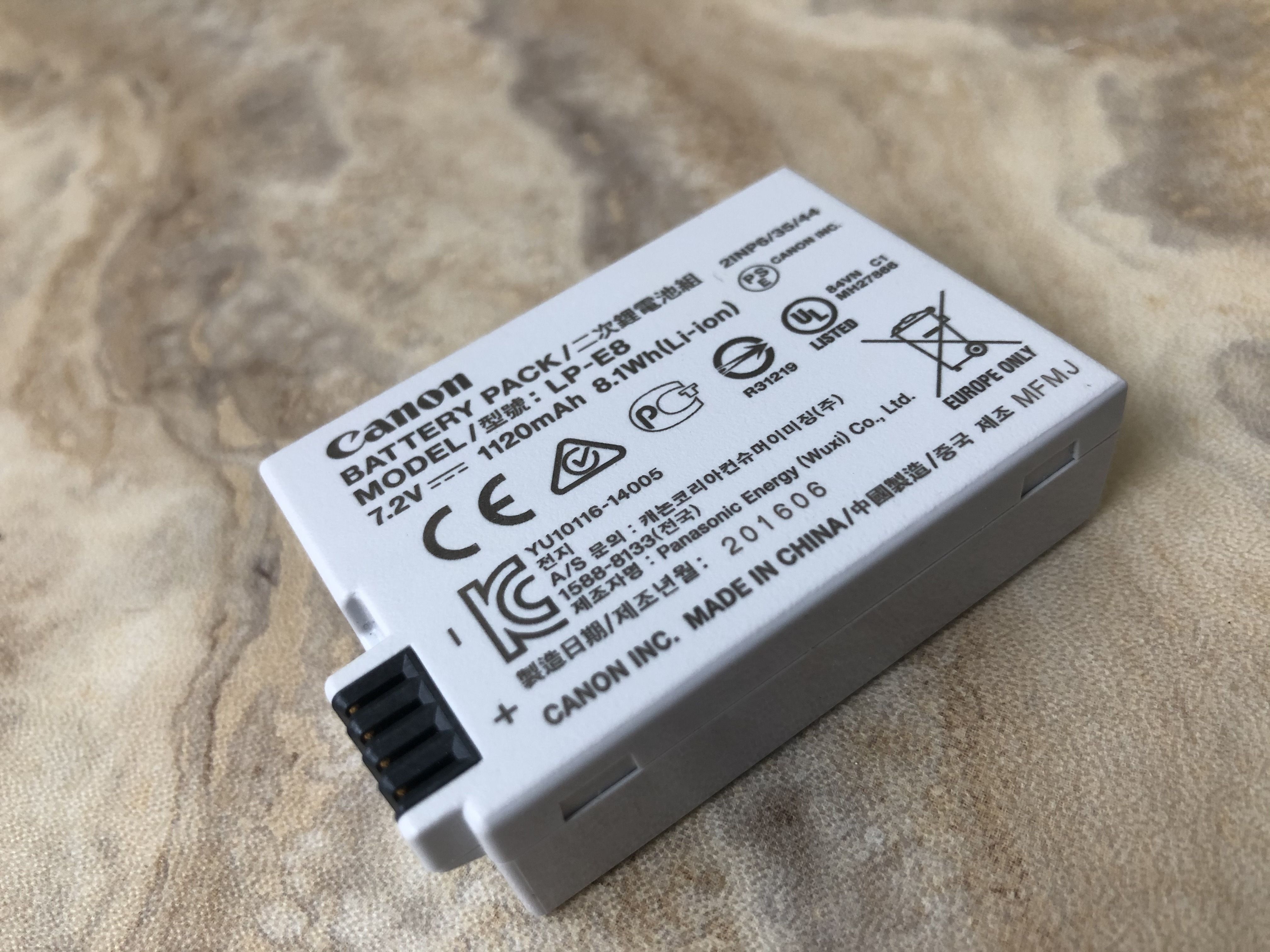
Lithium batteries—also known as lithium-ion or Li-Ion batteries—are rechargeable batteries that are commonly found in a variety of our day-to-day electronic products. This includes cell phones, laptops, hybrid vehicles, and cordless power tools. Lithium batteries have one of the highest energy densities of any battery technology today and are relatively low maintenance.
Lithium batteries can be distinguished from their alkaline counterparts, as most lithium batteries have “lithium,” “li-ion,” “LiPo,” or “Lithium Ion” printed on them. If they don’t have a label, they may be marked with CR### or LIR###. They can be found as AA/AAA, C, D, Coin/Button cell, 9v, or rechargeable batteries.
Why Are Lithium Batteries Dangerous?
Lithium batteries pose a great danger to recycling facilities, as they are inherently flammable. They have a tendency to overheat and can be damaged at high voltages. If a battery overheats and is damaged, it can burst into flames and cause widespread damage.
This is a major cause for concern at waste and recycling facilities. If a lithium battery is incorrectly disposed of, it can wreak havoc at the waste management facility it ends up in. Lithium batteries that have been incorrectly added to recycling streams have caused massive fires at facilities across the country, causing injury to facility workers and forcing facility closure. In the U.S., waste facility fires increased 26% from 2016 to 2019.
Lithium batteries are seeing increased use and their small size makes them hard to spot. Once they end up at a facility it can be hard to identify the batteries and remove them from the waste stream.
Want to know more about how these issues are affecting our own neighborhoods? Give a listen to Episode 37 of the MassRecycle podcast, where industry professionals discuss exactly how they are handling the increase in problems caused by improper disposal of lithium batteries.
How Can You Properly Recycle Lithium Batteries?
The number one rule is to not add your lithium batteries to your trash or recycling collection. Regular alkaline batteries can go in your trash and should not go in recycling either, but lithium batteries should not end up in either.
Instead, return these batteries to home improvement stores, such as Home Depot and Lowe’s. You can also find a recycling drop-off location near you by checking the Call2Recycle locator.
If you have any lithium batteries that are damaged, defective, or have been recalled (DDR), it’s important to note that these need to be handled separately and Call2Recycle offers disposal kits available for purchase. These DDR li-ion batteries require special handling.
For more information on other kinds of batteries and their respective recycling and handling procedures revisit this KMB blog post.


